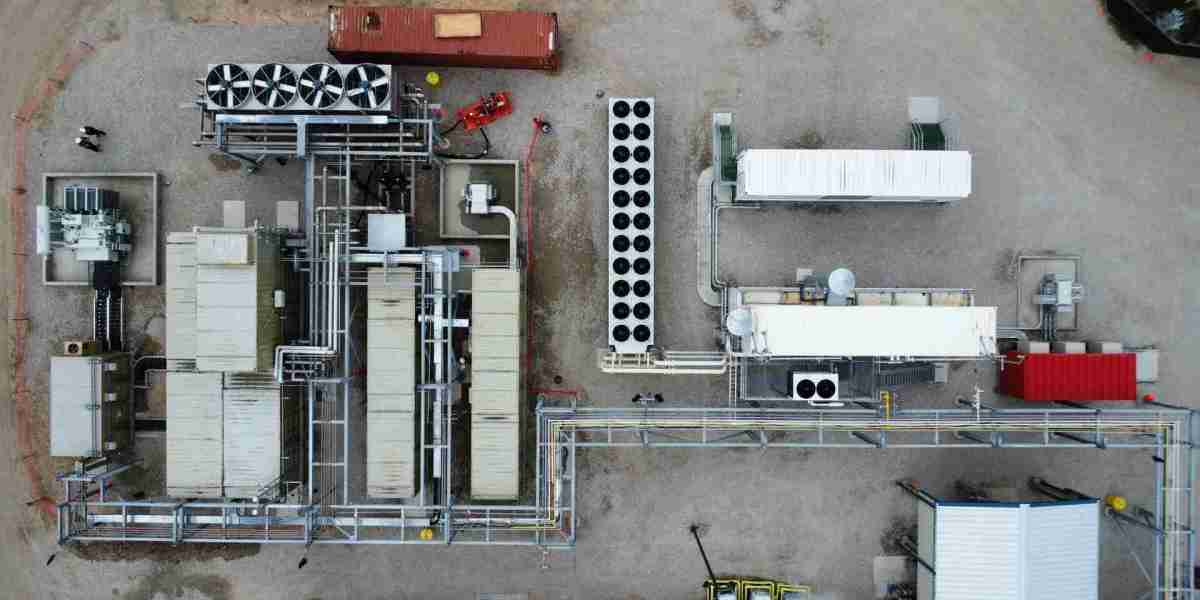Infinium, a company backed by Bill Gates and Mitsubishi, is producing a synthetic fuel from water and CO2 and is now in the process of scaling up production to industrial levels. The E-fuel is already being bought by high net worth customers such as Amazon and American Airlines.
Amazon, which produces some of the highest emissions among the world's biggest tech companies, has pledged to reduce its carbon footprint to zero by 2040, which is why it is increasingly electrifying its delivery vehicles. But until the infrastructure for EVs is sufficiently developed, Amazon regards the fuel as a "promising tool for reducing emissions", says Chris Atkins, Amazon's director of worldwide operations sustainability.
So far, more than 8,300 litres of Infinium fuel are being produced every day, and if all the company's plants were operating at full capacity, around 3 million litres of the E-fuel could be produced annually. There are still areas of the transport sector that are difficult to decarbonise, such as aviation and freight transport by truck, ship and rail. These alone account for around 10% of global greenhouse gas emissions and all still rely on energy that is largely derived from fossil fuels.
The start-up company Infinium in Texas, USA, produces e-fuel by splitting water into hydrogen and oxygen through electrolysis. Currently, the main products are E-diesel, E-kerosene and E-naphtha, usually used as a solvent. The hydrogen is produced using electricity from renewable sources. Hydrogen and carbon dioxide from local refineries are then combined in the reactor using catalytic technology.
It’s still early in the game, but E-fuel will be a very dominant discussion point and platform for decarbonization of heavy transport and chemicals. Customers are really focused on buying e-fuel and paying a premium for the carbon abatement potential.
- Robert Schuetzle, founder and CEO of Infinium
According to the start-up, its entire production process, including distribution, etc., emits around 95 per cent less carbon dioxide than the production of conventional fuel. But critics such as Pierpaolo Cazzola, a research fellow at Columbia University's Center on Global Energy Policy, are not so optimistic. The problem, he says, is that the climate-damaging gas is only stored temporarily and eventually burnt again when used in trucks:
It depends on how you count. This is not CO2 neutral. There would still be a net addition of carbon in the atmosphere.

